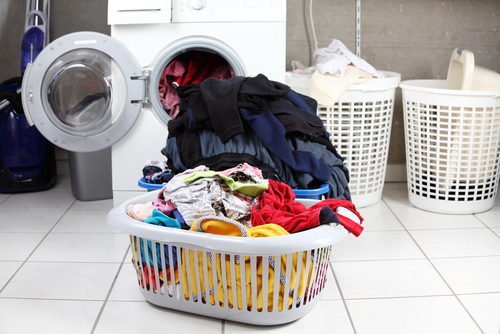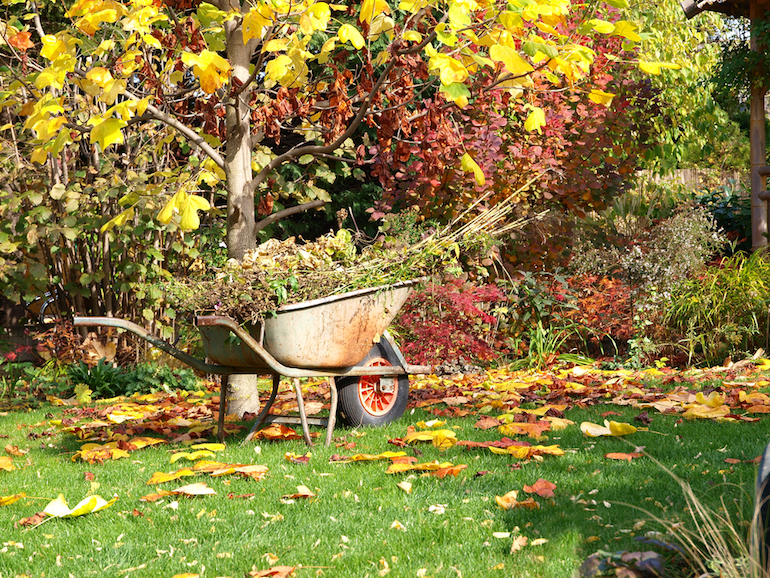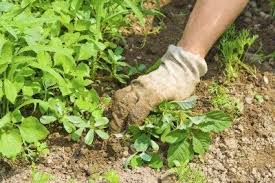Popular Home Styles Defined

When you’re new to house-hunting and begin reading house descriptions, you may not understand the difference in a ranch, Tudor or a Craftsman style. These eight most common architectural types will help you not feel so overwhelmed while going through your to-see list:
-
Popular in the 1930s was the Arts and Crafts, or Craftsman, house. Known by their low-pitched roof, front porch with tapered columns, the interiors of this type of home features lots of woodwork and built ins.
-
Cape Cod-style homes are rectangular in shape, usually with the front door in the center of the front of the home, shuttered windows on either side of the front door and gable ends. Traditional structures are one and a half stories, with living, sleeping and dining rooms all divided with walls.
-
Colonial houses are the predecessor of the Cape Cod, and they are similar in shape, style, and interior. The biggest difference between the two is the Colonial’s second story was a full story, versus the Cape Cod’s half-story.
-
A home that is described as Contemporary should be just that--a house of “now.” Think of a contemporary home as having Colonial, Ranch or other architectural characteristics, just with an updated look.
-
As times changed during the 1930s-60s, Mid-Century Modern-style houses began to make an impression using sleek straight lines, asymmetrical form and basic materials like glass, concrete, and metal.
-
Ranch-style homes were a popular architectural style in the US during the post-World War II years through the 1970s. The one-story form was usually low on the ground, with mixed exterior siding and attached garage.
-
Looking like something from a fairy tale, Tudor homes featured curved rooflines and doorways, timbered or half-timbered gables filled with mason work or shingles, decorated windows, and cross-gables on the front exterior.
-
The Victorian era brought romance and frills, and the homes of that period are no different. A Victorian-style home will normally have a steeped-pitch roof, gabled windows, decorative woodwork, bay windows, and wide front porch.
REALTOR® Magazine offers a guide to many other house styles, complete with images of the basic look of each type and brief description. Once you’re familiar with these terms and the houses they describe, you’ll feel more confident as you search listings, looking for your new home.
Courtesy of New Castle County DE Realtors Tucker Robbins and Carol Arnott Robbins.
Photo credit: trulia














